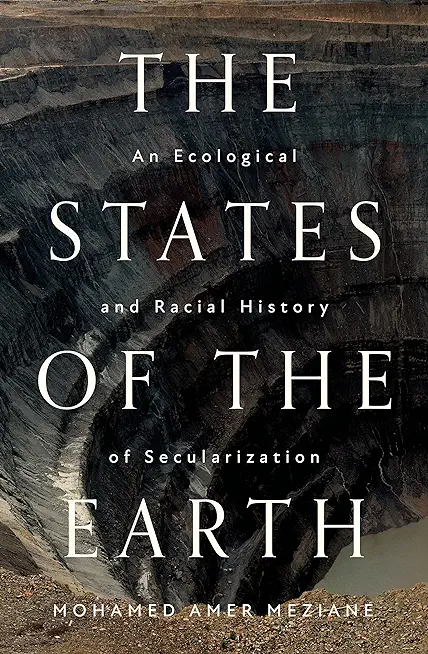
Gutierrez, Juan Marcos Bejarano
product information
description
7Many years ago, in a lecture on the creation of the Mishnah, the Orthodox Jewish historian, Rabbi Berel Wein discussed the rise of early Christianity as a historical and theological backdrop. He mentioned that this era is of particular importance to Jews because of the complicated and tragic relationship between Jews and Christians over the centuries. He referred to Joseph Klausner, the famed Jewish professor of the Hebrew University of Jerusalem who in the earlier part of the 20th century, had authored several works on early Christianity from a Jewish standpoint. The first was titled Jesus of Nazareth. The second was titled From Jesus to Paul. Rabbi Wein considered both books to be exemplary works on the subject. He noted, disappointingly, however, that at the time, most Christians were not interested in reading the Jewish perspectives of Joseph Klausner. Jews, he observed, were not that fascinated by the subject either. Things have changed considerably, however, and the historical relationship between Judaism and Christianity is of increasing importance for both contemporary communities. Even in discussing Jewish Law, as Rabbi Wein noted, the subject of Christianity is not far away in significance. Similarly, for Christians, there is probably not a weekly service that goes by without Israel or the Jewish people being mentioned in some form or fashion.The process of reflection has not been an easy one. Since the third and fourth centuries, the worlds of Judaism and Christianity have increasingly crystallized to such a level of distinction obscuring their shared history and theology. Consequently, people legitimately ask what connections between Judaism and Christianity exist. That was not always the case, and early Christians, as well as Jews, were cognizant of the ties that existed. In past centuries the connections were usually the source of bitter polemics between the two communities. Each community saw itself as the legitimate representative of biblical faith to the exclusion of the other. The relationships deteriorated steadily over time.Rabbi Byron Sherwin of blessed memory, in a lecture at the Spertus Institute of Jewish Learning and Leadership and in his book Studies in Jewish Theology, noted what he believed to be the great enigma of Christianity. He believed like the medieval and early modern rabbis, Rabbi Menahem Ha-Meiri, Rabbi Abraham Farisol, Rabbi Moses Rivkes, Rabbi Leon de Modena, and Rabbi Jacob Emden and others that Christianity had transformed many non-Jews from paganism to the knowledge of the God of Israel. This was not an endorsement of Christianity for Jews, but recognition of its positive effects for non-Jews.Almost simultaneously, however, the nascent Christian movement also promoted anti-Judaism and then anti-Semitism. Rabbi Berel Wein, in his lecture on the Oral Law, speculated whether significant Jewish opposition to the early followers of Jesus resulted in long-term and negative recollections that became embedded in later Christianity. If that was the case, the ferocity of the Christian reply was ultimately unequaled and repaid Jewish rejection many times over.To discover the forgotten Jewish origins of early Christianity, a series of chapters will lay out the case for the continued Jewish distinctiveness of the early Christian movement composed of Jews in the first century and beyond. Their Jewish identity lay along a wide-ranging continuum. Other sections will also examine those who departed or deviated from these views.
member goods
No member items were found under this heading.
listens & views

GOLDEN AGE OF AMERICAN ROCK ...
by GOLDEN AGE OF AMERICAN ROCK N ROLL 3 / VARIOUS
COMPACT DISC$12.99

RECOMPOSED BY MAX RICHTER : ...
by VIVALDI / HOPE / RIDDER / RICHTER / KONZERTHAUS
COMPACT DISCout of stock
$16.75
Return Policy
All sales are final
Shipping
No special shipping considerations available.
Shipping fees determined at checkout.





